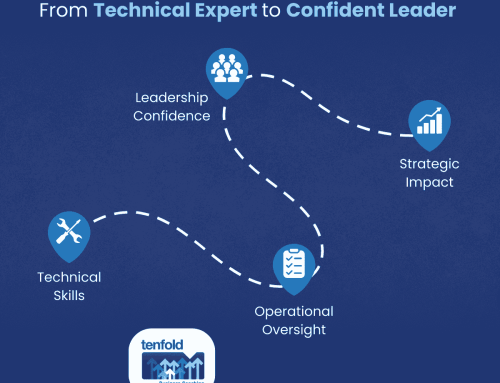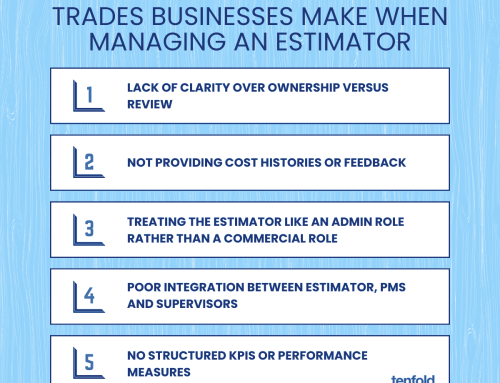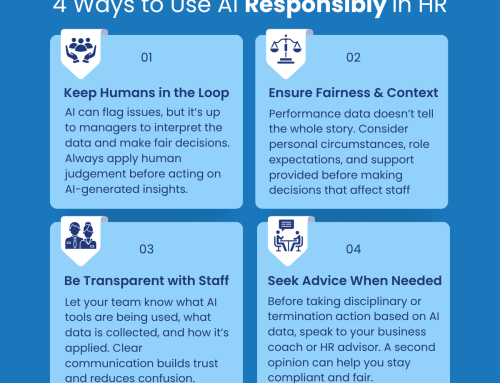Building a High-Performing Team: The Key to Scaling Your Custom Home Building Business
If you find yourself deeply engaged in the growth of your custom home building business, it is likely that you have asked yourself the critical question: “How can I assemble a team capable of delivering the same level of quality that I provide, while not needing to be present on every site on a daily basis?” This is a question I frequently encounter from ambitious builders who are eager to expand their operations yet feel constrained by the routine tasks they manage each day.
As a business coach in the construction industry, I collaborate with builders who have already achieved a certain level of success but are eager to improve further. They are not in search of a magic wand or quick fixes. Instead, they seek a structured system. This system provides a framework for growing their team, enabling them to take on more projects and enhance their profitability. Additionally, it allows them to rest easy at night, confident that the work is being carried out correctly and to a high standard.
Let’s talk about how to make that happen.
Why a High-Performing Team Is Your Greatest Asset
When I coach growing businesses, I often express the idea that your team can be either your greatest asset or your most significant limitation. If you find yourself in the position of being the one who resolves every issue, provides every quote, and oversees every detail, then you are not truly managing a business; rather, you are running yourself into exhaustion. It is essential for business owners to recognise the importance of delegation and to empower their team members. By doing so, they can elevate the performance of their business and achieve sustainable growth without sacrificing their well-being.
I recommend that my clients consider their team to be an extension of their brand. Every interaction that your team has with a client, supplier, or subcontractor reflects back on your business. This is why building a high-performing team is not solely about hiring more people. It is about hiring the right individuals and ensuring they have the necessary support and resources to succeed in their roles.
Step One: Hire for Attitude, Train for Skill
One of the most common mistakes I see is hiring based purely on technical ability. Yes, your team needs to know how to build, but they also need to align with your values, your standards, and your way of working.
As a builder’s business coach, I often suggest to business owners that they prioritise attitude and cultural fit over simply looking for someone with the best technical skills. I have witnessed clients transform their businesses by hiring apprentices who possess the right mindset and by investing in their ongoing development.
For instance, one client of mine, who operates a custom building business in regional Victoria, hired a young apprentice who had absolutely no prior experience but came in with an outstanding attitude. Within a year and a half, that apprentice was managing jobsites with very little supervision, and clients were praising him for his work.
Step Two: Set Clear Expectations from Day One
High-performing teams do not occur by accident; rather, they are deliberately constructed on a foundation of clarity. This concept encompasses having clear job descriptions, clearly defined key performance indicators (KPIs), and transparent communication.
I advise my clients to implement onboarding checklists and structured training plans. These do not need to be elaborate; they simply need to be consistently applied. One of my clients developed a straightforward “first 30 days” plan for new employees, detailing what they were expected to learn, who they would be shadowing during their initial days, and what success in their role would look like. The outcome was impressive, resulting in quicker ramp-up times and a reduction in misunderstandings.
Step Three: Build a Culture of Accountability
Here is the truth: if you do not hold your team accountable, you will ultimately find yourself doing their job for them. This is not a scalable approach to running a business.
As a construction coaching company, we educate our clients on how to implement regular performance reviews. We do not do this just to tick a box; we aim to drive improvement. I frequently advise business owners to conduct check-ins with their team leaders every fortnight. These meetings are not intended for micromanagement; instead, they are meant for coaching. In these discussions, we ask Questions such as: What is working well? What is not working? What kind of support do they need to succeed?
One of my clients, a builder based in Brisbane, began conducting these check-ins and observed a significant reduction in rework and project delays. The reason for this improvement was clear: issues were identified early, and team members felt supported rather than scrutinised. This supportive environment encouraged productivity and accountability, fostering better results across the board.
Step Four: Empower Your Leaders
If you want to genuinely scale your operations, it is essential to have leaders who are capable of thinking and acting independently. This requires a commitment to investing in their development and growth within the organisation.
I consistently recommend to my clients that they take the initiative to identify potential leaders early in their careers and provide them with valuable opportunities to step up. This involvement may involve leading toolbox talks, managing a small team, or communicating with clients regarding updates. The critical element is to offer guidance while allowing them the space to operate independently, without constant supervision.
A wonderful example comes from one of my clients who made the decision to promote a leading hand into the role of site supervisor. Initially, there were some growing pains as the new supervisor adjusted to the responsibilities of the position. However, through weekly coaching sessions and the establishment of clear expectations, that supervisor evolved into a crucial lynchpin within the business. This positive development allowed the owner to step back from the need for daily site visits and instead concentrate on broader strategic goals and growth for the company.
Step Five: Systemise What Works
High-performing teams truly flourish within well-established systems. When everyone is aware of the process, it leads to less confusion, fewer mistakes, and greater consistency.
As a business coach focused on the construction industry, I frequently assist clients in documenting their workflows, which encompass everything from quoting and scheduling to client handovers. One builder I collaborated with created a comprehensive ‘project playbook” that meticulously outlined each step of their building process. This valuable resource became the primary guide for new hires and played a crucial role in helping the business maintain quality across various sites.
By standardising effective practices, you not only free up your valuable time but also significantly mitigate risks. Ultimately, this is what scaling a business is all about: creating a pathway for sustainable growth and efficiency.
The Payoff: More Growth, Less Stress
By taking these steps, you will position your business for long-term success. This approach enables you to take on more projects while maintaining the quality that you are known for. You will attract and retain top talent, which is vital for your organisation’s growth. Most importantly, you will gain the confidence to expand, knowing that your team supports you wholeheartedly.
A client of mine expressed it perfectly: “I used to feel as though I was the only one who cared. Now, I have a team that is just as invested in the success of our projects as I am.”
That is the true power of building a high-performing team.
Ready to Build Yours?
If you are genuinely committed to scaling your custom home-building business, it is crucial not to leave the composition of your team to chance. As a construction business coach, I have had the privilege of assisting builders throughout Australia in developing teams that foster growth and minimise frustration.
Let us discuss how we can achieve similar results for your business. You can schedule a consultation with me at Tenfold Business Coaching and take the initial step towards creating a stronger, more scalable team.
Table of Contents
- Why a High-Performing Team Is Your Greatest Asset
- Step One: Hire for Attitude, Train for Skill
- Step Two: Set Clear Expectations from Day One
- Step Three: Build a Culture of Accountability
- Step Four: Empower Your Leaders
- Step Five: Systemise What Works
- The Payoff: More Growth, Less Stress
- Ready to Build Yours?






